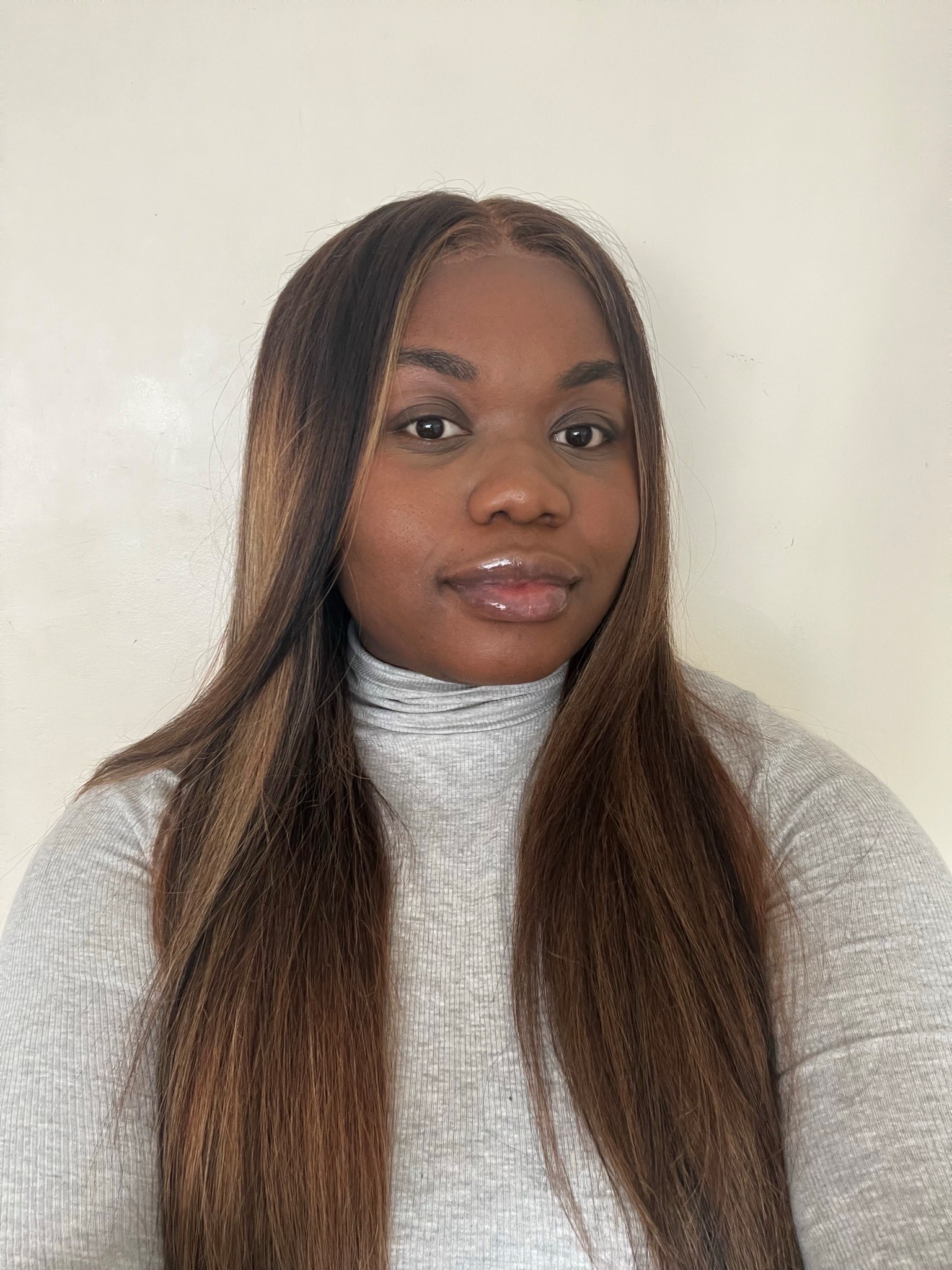Meet Our Team Encephalitis Volunteers
Get to know some of the Team Encephalitis volunteers.
They support Encephalitis International by raising awareness, reviewing our information and providing support, amongst other projects including attending events and fundraising.
If you are interested in joining Team Encephalitis, please email volunteer@encephalitis.info or call +44(0) 1653 692583.
Maria - Support, Information and Awareness volunteer - Northern Ireland
What has volunteering for Encephalitis International entailed for you?
As a volunteer I’ve met and supported others affected by encephalitis, along with doing what I can to raise awareness. I’ve supported several people who’ve contacted the society based in NI. I’ve also done some fundraising and got articles in newspapers about encephalitis. I’ve accepted donations for the Encephalitis International and I’ve also supported several of their meetings in the UK.
What do you enjoy about volunteering for Encephalitis International?
I enjoy meeting up with other volunteers and sharing stories along with giving encouragement to families affected. Becoming a volunteer was my way of saying thank you to Encephalitis International for all the support they gave me and my family when I was recovering from encephalitis.
What difference does Encephalitis International make in your opinion?
Having the support of Encephalitis International really helps people prepare and adapt to the numerous consequences of encephalitis.
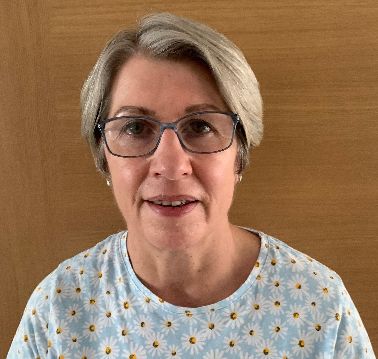
Lucy - Support and Awareness volunteer - London
What has volunteering for Encephalitis International entailed for you?
I’ve been able to attend ABIL. A quarterly meeting for professionals in the medical sector such as Psychologists, Nurses, Therapists and Researchers. I’ve been able to gain so much more knowledge about Acquired Brain Injuries. I’m so grateful for the opportunity.
I contracted encephalitis back in 2006 and it was unheard of. The more people who know about encephalitis, the better! If I can build the profile & share information I’ll do it. I love to go to events & either help out on any of the stands or just be a representative who can talk with & offer support to other survivors. It’s important for me to be able to share experiences with their friends and family also.
What do you enjoy about volunteering for Encephalitis International?
Before I became a volunteer, I’d never met anyone else with encephalitis. Volunteering means I have my own new family who understand me. That’s really special to me.
What difference does Encephalitis International make in your opinion?
EVERYTHING!! They offer one of the best support networks ever. They care about the advancement & research of this dreadful illness and are so passionate about their cause. And they are the number one resource for encephalitis in the world. I wouldn’t be here if it wasn’t for Encephalitis International.
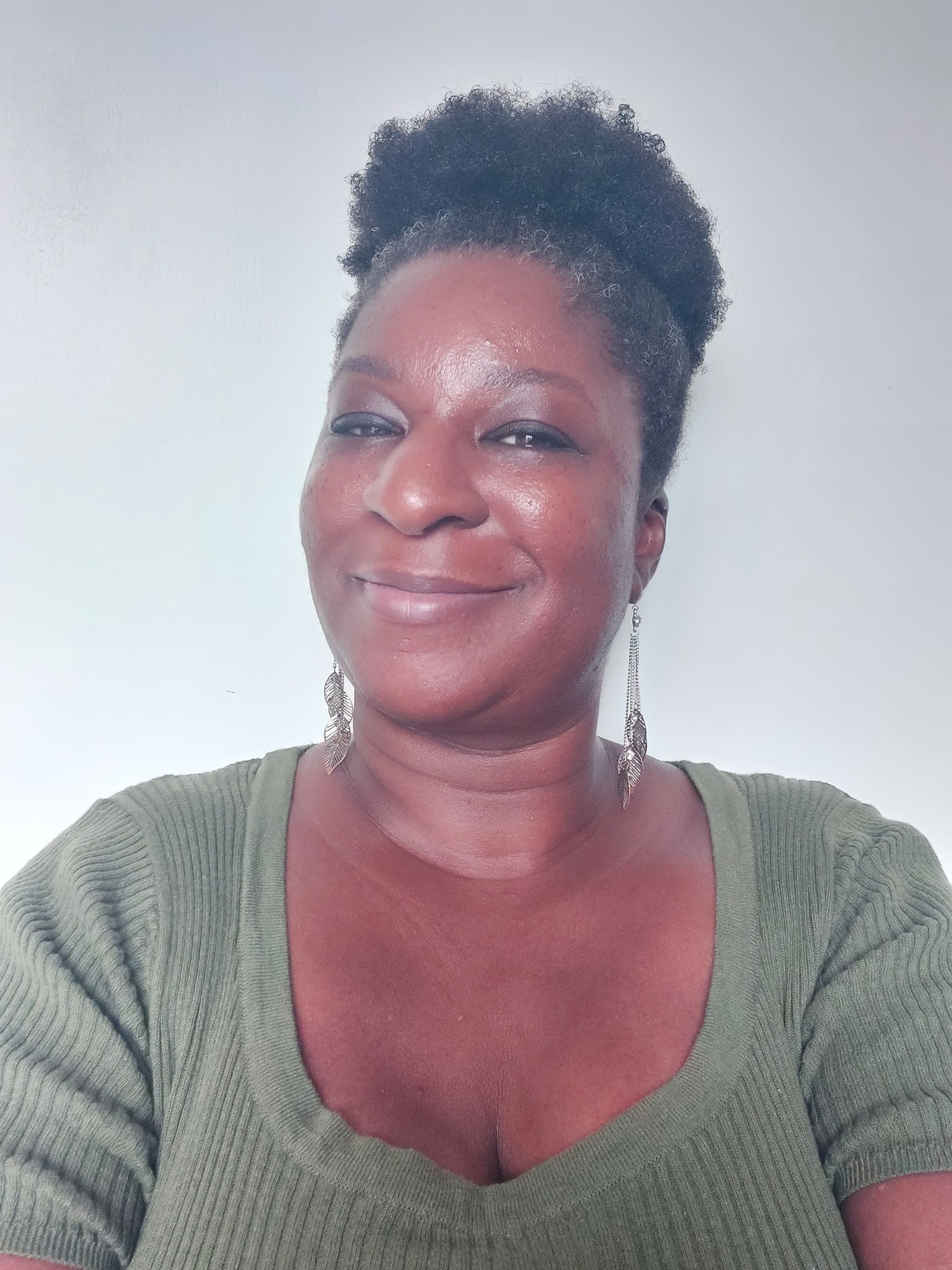
Roy - Information volunteer - South coast of England
What has volunteering for Encephalitis International entailed for you?
As an Information Volunteer I read and review documentation and provide feedback.
I have been involved in organising a number of coffee mornings for local people affected by encephalitis. I heard of this being held in one or two other parts of the country and thought of getting involved as people do not tend to come into contact with others who have been affected.
What do you enjoy about volunteering for Encephalitis International?
I find it interesting to review the documentation, the understanding of which is eased by the fact that I have a Science background. I have also learned a great deal from the information that I have read which has aided my personal understanding of the condition.
I have found it beneficial to meet other people who have suffered from the condition as most of us have never heard of Encephalitis before suffering from it.
What difference does Encephalitis International make in your opinion?
Encephalitis International provides an absolutely key role in providing a wide variety of support functions. It provides an immediate source of help by means of telephone and emails; it provides an extensive source of information via its web-site; it organises conferences to further the understanding of new developments and it organises activities such as retreats to provide support to those affected.
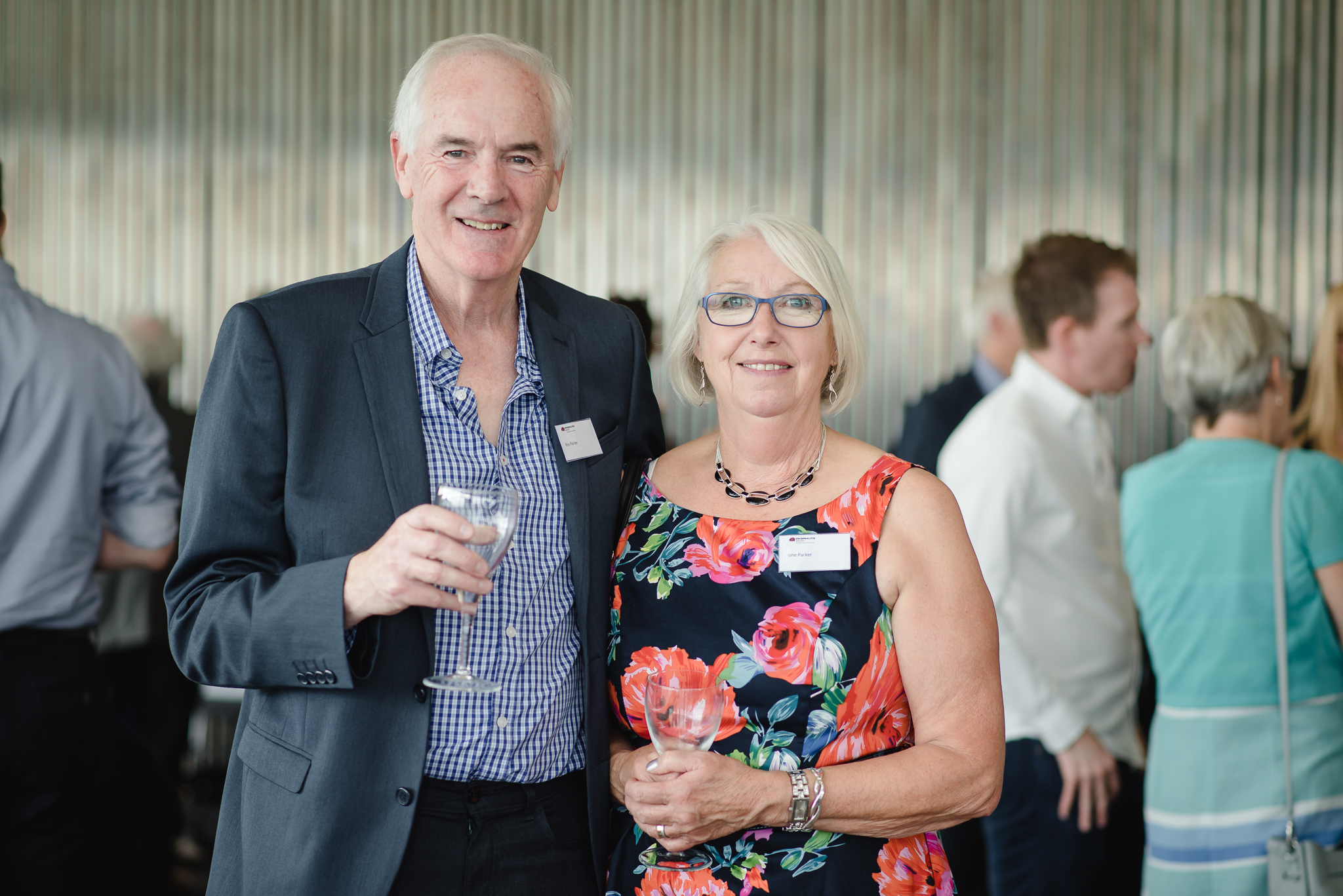
Kristin - Awareness volunteer - USA
What has volunteering for Encephalitis International entailed for you?
Encephalitis is virtually unheard of in the US. I am trying to bring awareness to this debilitating condition by educating whenever I can. I had our governor declare World Encephalitis Day (for the day) in Massachusetts.
What do you enjoy about volunteering for Encephalitis International?
The ability to do what works for me, however, also getting people to talk about this condition.
What difference does Encephalitis International make in your opinion?
Encephalitis International gives me an outlet to which I can educate others. Encephalitis is a condition that you never hear about unless it happens to you or someone you know.
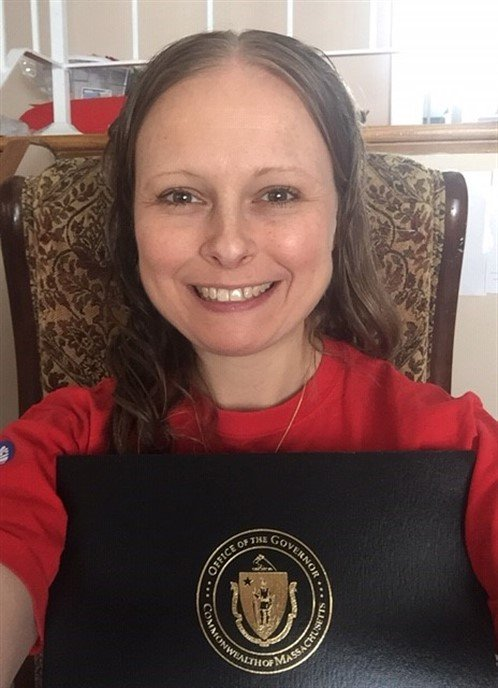
Meet some of our young person volunteers
Callum from Grimsby, UK, was 14 when he was diagnosed with unknown encephalitis: “Although encephalitis is inherently bad, it gave me a new outlook on life which I still use to this day to push forward and find motivation in everything I do.”
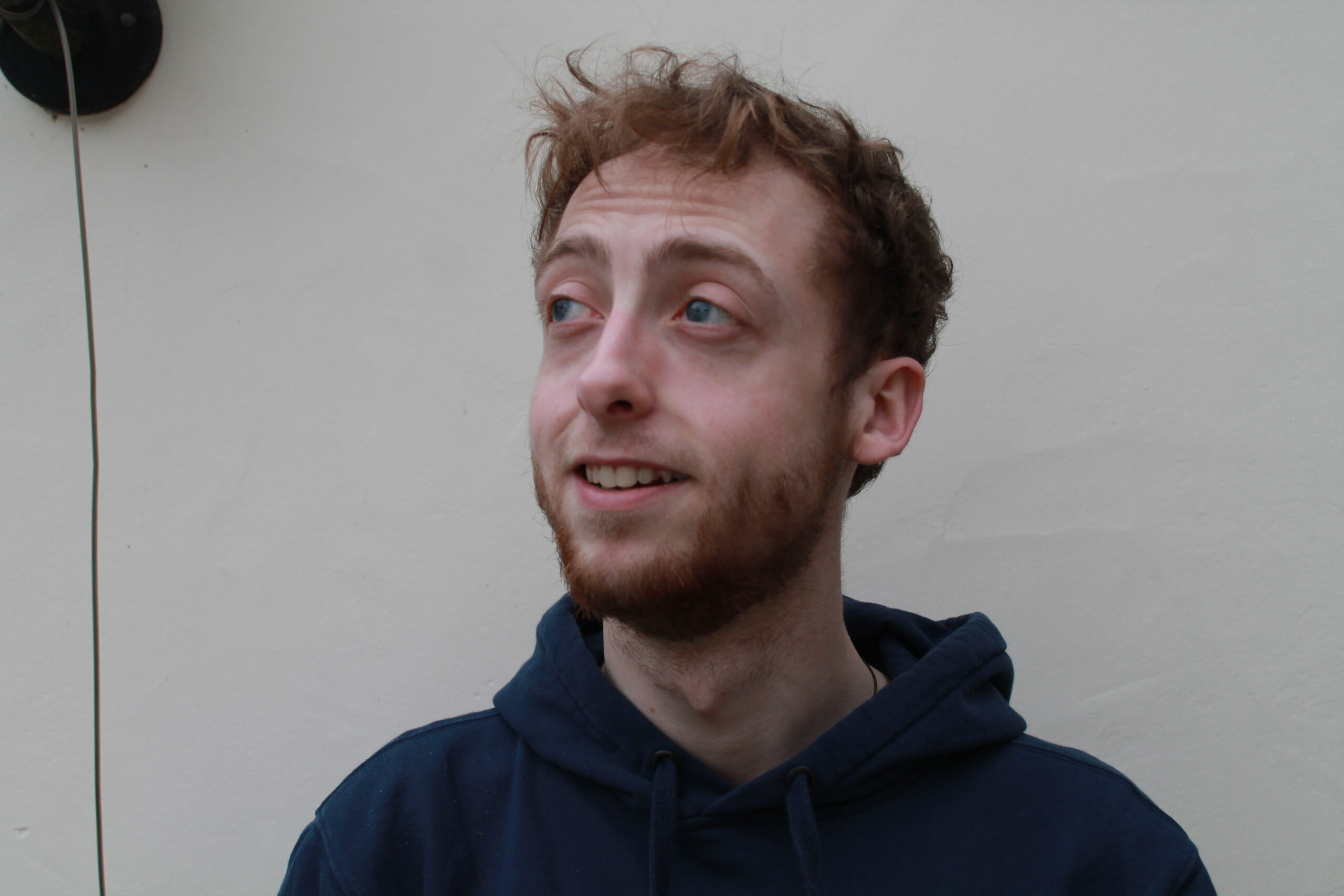
Aliya - Philadelphia, USA
Aliya was 20 when she had autoimmune encephalitis: “In my experience, recovery was a grueling process. Not only physically, but especially psychologically. It’s never selfish to admit you need help. Admitting you need help is the strongest thing you can do.”
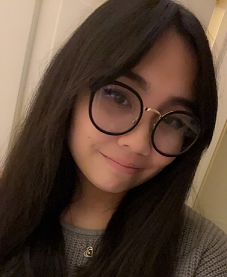
Rhys - Oxford, UK
Rhys was 15 years old when he had viral encephalitis – “You’re the best judge of how you’re feeling & what your after-effects are. You might need to adjust to a ‘new normal’ and be kind to yourself, not push it, take baby steps.”
Juliana - Florida, USA
Juliana was 14 when she had Anti-NMDA encephalitis: “We don’t know how strong we are until we’re forced to bring that hidden strength forward, and I’m happy to say that I did find the strength in me by never giving up.”


